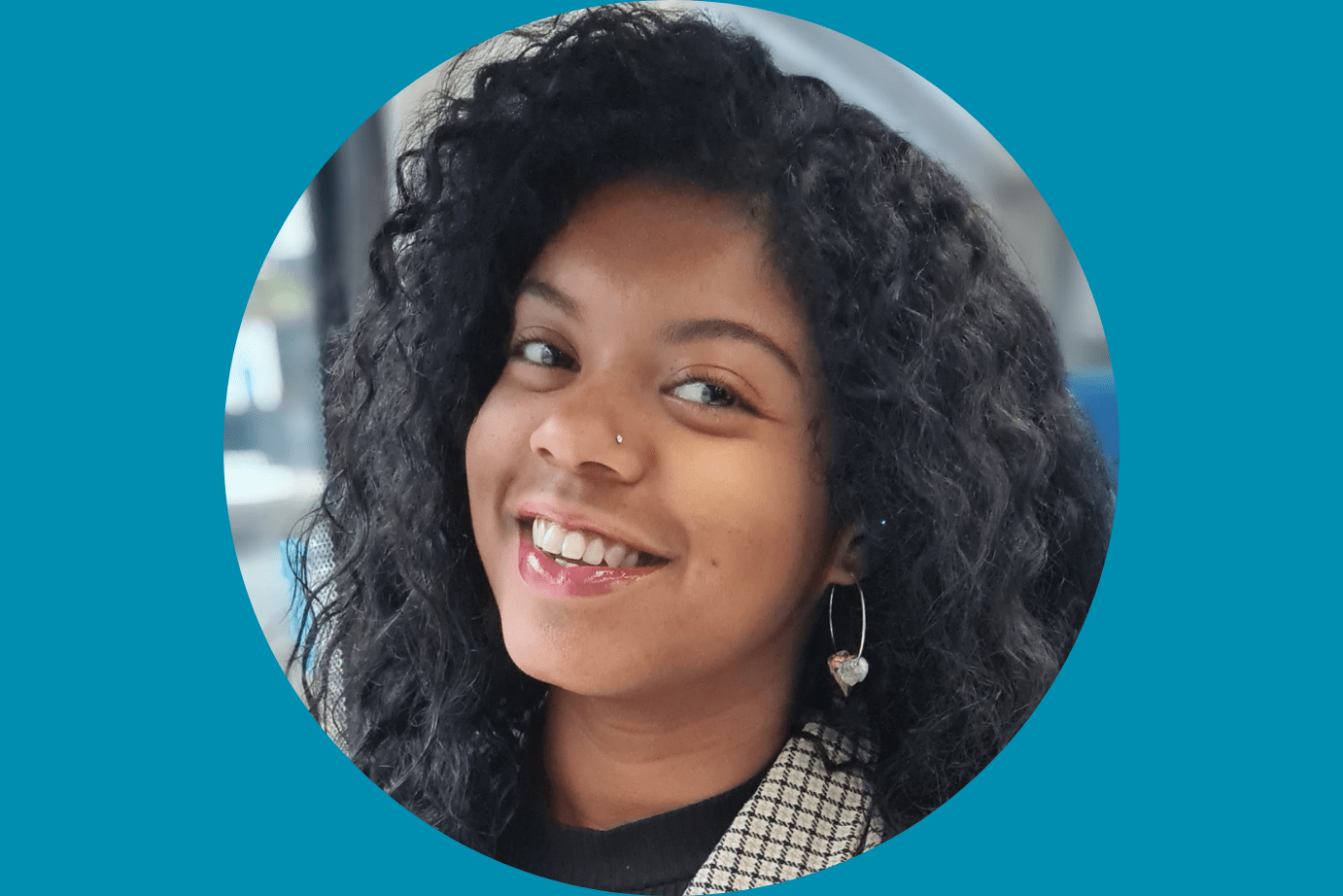Tavia Panton is our Children and Young Persons Project Lead at The Reader. She is also about to begin leading Shared Reading: Black Joy, a group which seeks to provide a responsible space to contemplate the presence of joy in black British literature. Ahead of the first session on Monday 14 October, we ask Tavia about what running the group will mean to her.

Tell us a bit about yourself and your role at The Reader.
My role at The Reader is Children and Young Persons Project Lead, encouraging a love for reading in the early years through our First Page project. My background is in arts education; throughout my career I support creative learning for wellbeing and resilience. I have just completed a masters degree by research exploring black joy in British novels. I am also a multi-disciplinary artist; writing, painting and speaking about nature, race, roots, and relationships.
Next month, you’re launching Shared Reading: Black Joy at the Mansion House, Calderstones Park. What inspired you to do this?
Reading for black joy is a powerful counter-narrative action, which can resist the tendency to fixate on the transatlantic slave economy when considering black history and culture. I wanted to create a group where black readers can feel comfortable and well represented.
Why do you think it’s important to have a group specifically designated to the exploration of black joy?
This group will be the first of its kind within the organisation, and could help address the lack of racial diversity within The Reader’s Shared Reading movement. It is important personally, because I often feel more welcome in a racially diverse environment. It is important generally because there are a deficit of projects centring positive representations of black people. Shared Reading: Black Joy seeks to provide an empowering space for black people.
What story or poem are you most looking forward to reading in your group?
I am looking forward to reading a diverse range of texts within black British literature, including local contributions to the genre. I want to spotlight new, progressive writings that contain messages of hope. This could be anything from the poem Carnival by Vanessa Kisuule, to the novel Manny and the Baby by Varaidzo.


